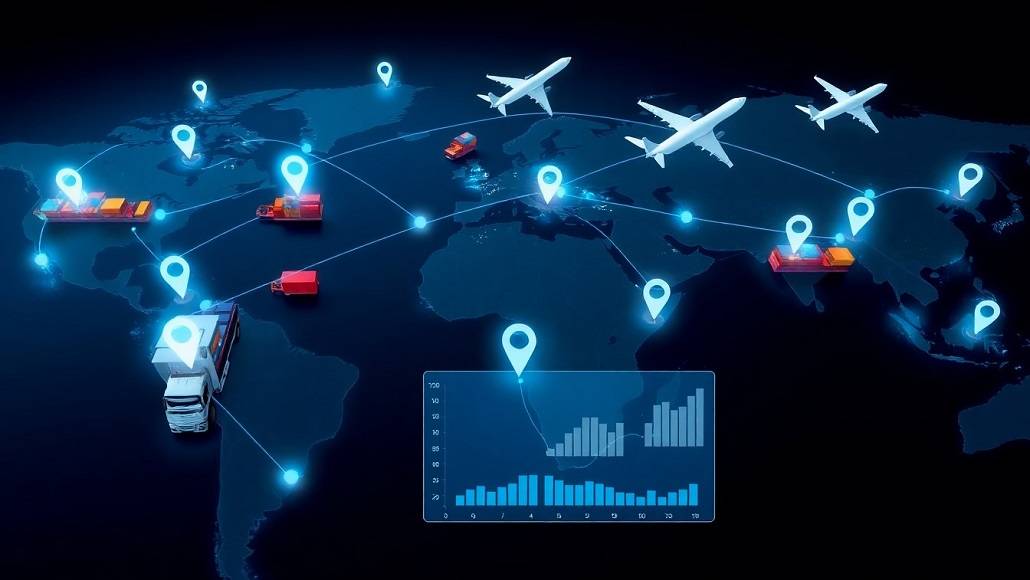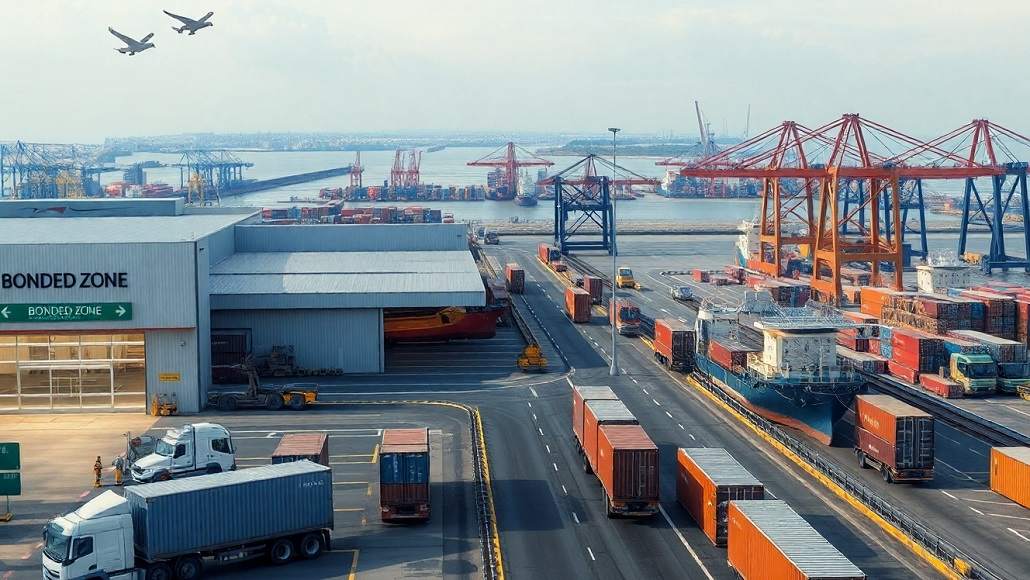Global digital transformation spending in logistics was $3 billion in 2020, projected to hit $84.6 billion by 2027, insights revealed. Digital investments are now vital for successful logistics operations. This article examines the reasons, benefits, and challenges of adopting technology in the logistics industry.
In the past, supply chains followed a linear model, with operations progressing step by step from one link to the next until reaching the end user. However, innovative technologies introduced parallel operations and just-in-time models, transforming this linear approach. The COVID-19 pandemic added a new dimension to supply chains, necessitating the adoption of “just-in-case” models to prepare for contingencies.
During the pandemic years of 2020 and 2021, supply chain weaknesses became evident, prompting the logistics industry to adopt digital technologies as solutions. The rise of e-commerce further fueled the need for digitalization, especially for efficient last-mile deliveries. Benefits of this transformation include improved productivity, cost reduction, data-driven decision-making, enhanced communication, and better customer service. Technologies like data analytics, blockchain, machine learning, and artificial intelligence are essential for successful implementation.
Digital technologies enable better planning and prediction, reduced paperwork, optimized route planning, and improved demand forecasting, resulting in increased speed and efficiency. They also contribute to greater reliability in delivering goods on time, helping customers meet their production and sales targets more effectively. Moreover, digital tools empower logistics companies to utilize big data and AI for regular operations and contingency planning, minimizing costs and delays.
Implementing digital logistics comes with its own challenges. It requires a robust framework that seamlessly integrates new-technology digital systems with existing hardware and software. Selecting the right technology for specific logistics operations is crucial, as different functions may require different algorithms. Data visibility, sharing, and security are vital considerations due to the increasing volume and importance of logistics data. Measures such as deploying blockchain technology can enhance data security and authenticity. Staff training and motivation are also key to ensuring that employees embrace automation and digitalization and see them as opportunities for skill enhancement rather than job replacements.
The future of logistics is undeniably headed toward digital transformation. Some companies are already investing in cutting-edge technologies to improve efficiencies and profitability, while others are cautiously observing the outcomes before making their own investments. Regardless, the logistics industry as a whole will eventually embrace a data-driven and entirely digital future.



























